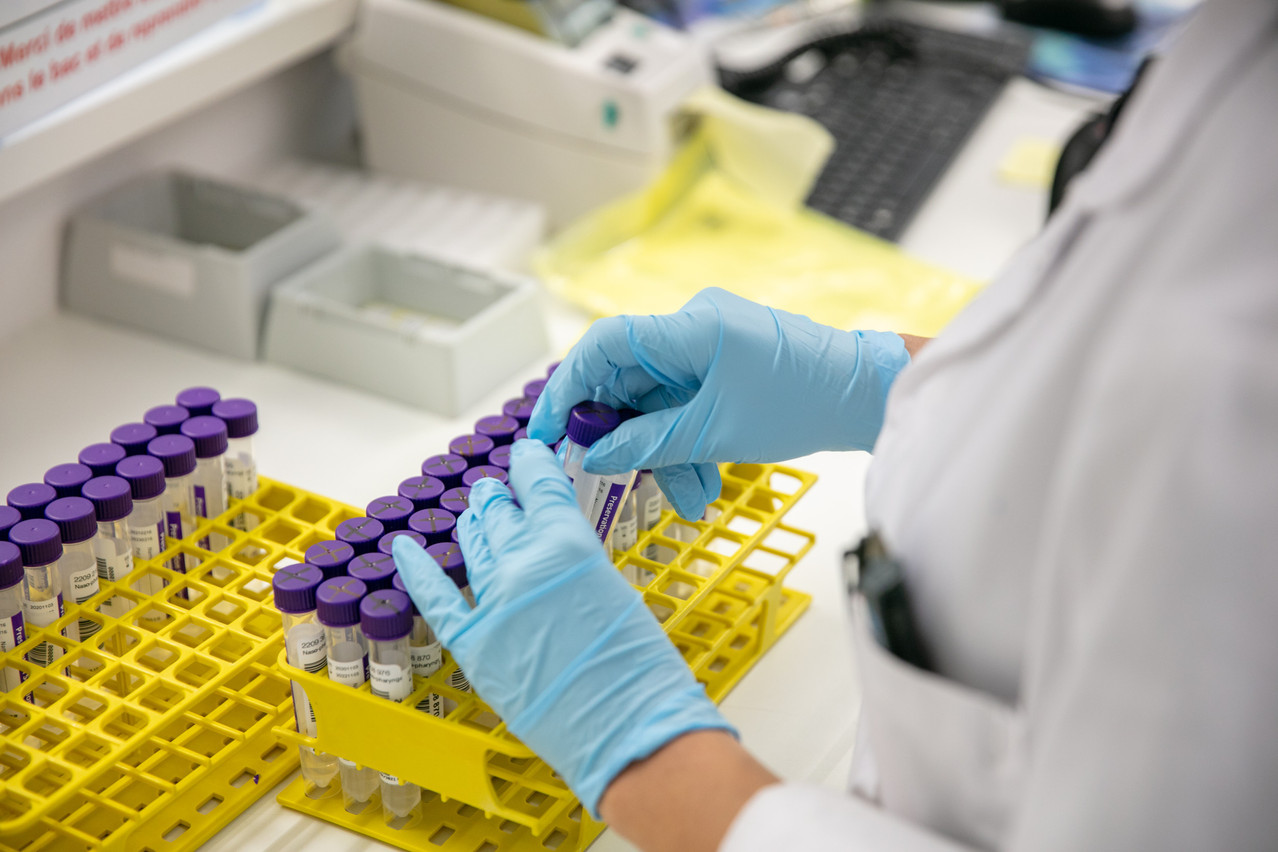The government partnered with Laboratoires Réunis when it first launched large-scale testing in 2020 with the aim to regularly test large parts of the country’s population in a bid to diagnose and isolate asymptomatic cases in particular.
But in June, it transformed the scheme into an on-demand service after introducing the CovidCheck system, which requires people to prove they have been vaccinated or tested negative, for example, when travelling or to gain access nightclubs or other venues.
In a letter to the health ministry, Bionext on Wednesday said it had lost business because of the on-demand free testing service monopolised by Laboratoires Réunis. The laboratory’s director said the company had to terminate a number of fixed-term employee contracts as a result.
Bionext in June had threatened legal action, saying the revamp violated the original call for tender. It said the government should issue vouchers to people signing up for a test, which could then be redeemed at any laboratory in the country.
The laboratory now said it is preparing steps against the government with the European Commission’s competition authority, according to a letter seen by RTL. Delano has contacted Bionext for comment.
The government on Monday in answer to a parliamentary question said that a national committee managing public calls for tender had approved the reorientation of the testing scheme. The new set-up did not violate the original contract and did not require a new call for tender, it said.
The first phase of large-scale testing, from May to July 2020, cost €39.5m, while the second phase, from mid-September 2020 to mid-January 2021, cost €60.7m. The third phase, currently ongoing, could cost up to €64.2m.
Lawmakers in May mandated Luxembourg’s Court of Auditors to carry out a review of spending on the initiative. The Court of Auditors is a financial watchdog, which parliament can call on to review how the government is spending taxpayer money.
